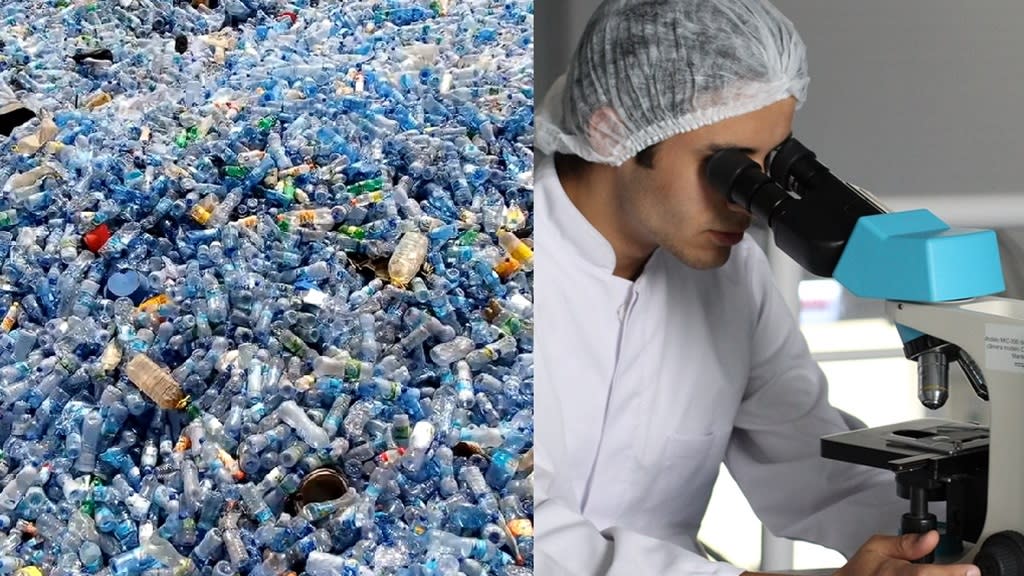Researchers find microplastics in all human testicles studied

[Source]
A new study has found microplastic contamination in human testicles, potentially contributing to declining sperm counts.
Key points:
Researchers from the University of New Mexico in the U.S. found microplastics in every human testicle sample studied.
Human testes had nearly three times the plastic concentration found in dog testes.
While the exact effects of microplastics within the testes in humans remain unknown, the scientists see a potential link to sperm count decline.
The details:
The study, published in Toxicological Sciences, examined 23 human and 47 dog testes. Researchers found 12 types of microplastics, with polyethylene (plastic bags/bottles) most common.
“At the beginning, I doubted whether microplastics could penetrate the reproductive system. When I first received the results for dogs I was surprised. I was even more surprised when I received the results for humans," lead researcher Xiaozhong Yu told The Guardian.
Dog testes with higher PVC levels had lower sperm counts, raising concerns about similar effects in humans. Yu noted that PVC can release chemicals that disrupt hormone function and sperm production.
According to a 2022 review of medical literature, sperm counts in men around the world have been steadily declining for decades.
The new study follows a smaller analysis by a Chinese team that found microplastics in about half a dozen human testicles.
What's next:
Trending on NextShark: Utah welcomes its first H Mart:
More research is needed to confirm the link between microplastics and sperm count in humans.
Download the NextShark App:
Want to keep up to date on Asian American News? Download the NextShark App today!


